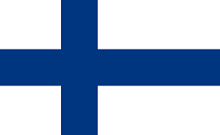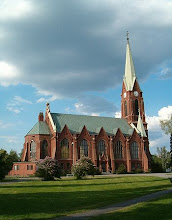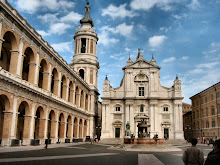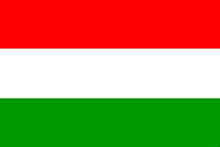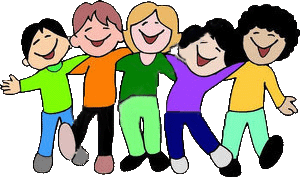There is a growing awareness that cross-cultural skills development is needed to face the challenges of globalisation on labour markets. To succeed in a work place abroad, no matter if it is during studies or later as a job seeker in a foreign environment can be very challenging. In order to succeed in both, knowledge about working cultures is a necessity.
During work placements abroad, students get to see different habits, customs, ways to communicate, values, ways to approach things, occupational health care, after-work activities etc at work places. These and many more make up what is called Working Culture.
The students at our schools would benefit greatly if they could enlarge their own thinking, i.e. realise that the way how things are done in their own country is not the only way, but that there are many possible approaches. It would be good to help them be open to new things and ways, to differences, to help them not be ethnocentric.
Our partnership is composed of organisations in vocational education, and working culture is connected very closely to the colleges’ every day life. Each partner will take on a specific area of the work according to the common plan made in the kick off meeting in Finland.
The starting point is that students and teachers visit a work place – including schools – in a foreign country, keeping their eyes and minds open. Also, we have to bear in mind that there are differences in working cultures within one and the same country. In this project we are, however, more interested in whether there are typical, culturally bound features in working cultures.
The aim in this project is that some of the features to be studied, will be already defined at the time of applying, but our purpose is also to be open for the fact that during the process, participating teachers and students introduce factors that are essential from their point of view. By doing like this, Finns as the coordinator, try to make sure that there is room for cultural diversity.
The tangible outcome of the project (DVD, brochure or equivalent) can be utilised as material in language and cultural preparation for students who will have their work placement abroad. This is very much needed at least in Finland. Intangible outcomes would include an increase in cultural knowledge and experience, the ability to implement cultural knowledge within organisations, developed communication, tolerance towards cultural diversity and differences, and better quality of on-the-job periods abroad and at home.
















































